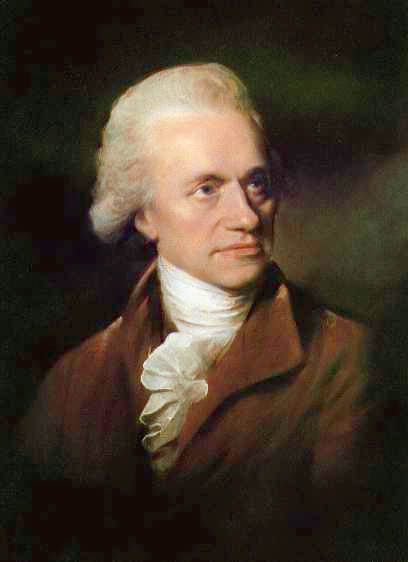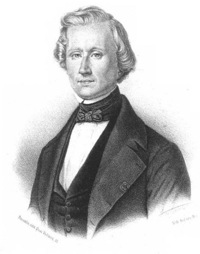How were Uranus, Neptune, and Pluto discovered by scientist?
In short: Uranus was discovered by sight, Neptune and Pluto by deductive reasoning. Let´s see it how all was done:

The first recorded sighting was in 1690 by John Flamsteed, who spotted it at least 6 times. He cataloged it as the star 34 Tauri. The French astronomer Pierre Lemonnier also observed Uranus between 1750 and 1769.
And so, on March 13, 1781, Herschel was surveying the sky with his telescope, looking for binary stars. He noticed a fuzzy disk in his telescope, and suspected that it might be a comet. Over a few nights he realized that it was moving against the background stars, but it was moving two slowly to be a comet.
After doing the calculations, Herschel realized that he was looking at a new planet, the farthest ever seen from the Sun. Herschel's original plan was to name this new planet "the Georgium Sidus," meaning the Georgian Planet to honor his patron King George III of England. But in the end, British astronomers decided to name the new planet Uranus, after the father of Saturn in Roman mythology.
http://www.universetoday.com/guide-to-space/uranus/discovery-of-uranus/ __________________________________________________________

Two astronomers, Britain's John Couch Adams and France's Urbain Le Verrier were worked out the position of the hypothetical 8th planet independently from each other. And both had a difficult time convincing their colleagues to spend any time actually looking where they suggested the planet might be. Berlin Observatory astronomer Johann Gottfried Galle was urged by Le Verrier to search for the planet.
He spent one evening searching in the region suggested by Le Verrier, and found it within 1 degree (twice the width of the full moon) of Le Verrier's calculations. After the discovery, there was rivalry between England and France about who should get credit for finding Neptune, Adams or Le Verrier. The international astronomy community agreed that the two astronomers should share credit for the discovery.
http://www.universetoday.com/guide-to-space/neptune/who-discovered-neptune/ ___________________________________________________________

Percival Lowell, a wealthy Bostonian who founded the Lowell observatory in Flagstaff, Arizona, took up that search. He searched from 1905 all the way up to his death in 1915, and he never found it. The job then turned to a young astronomer named Clyde W.
Tombaugh – a 22-year old Kansas farm boy. Tombaugh spent the better part of a year staring at two photographic plates capturing the same region of sky at two different points in time. Using a tool called a blink comparator, Tombaugh finally turned up images of Pluto moving in 1930.It turns out there had been evidence of Pluto in earlier photographs, but nobody had noticed it yet.
As the discoverers, Tombaught and his team were given the honor of naming the planet. In the end, they settled on the name Pluto, suggested by a British school girl. http://www.universetoday.com/guide-to-space/pluto/discovery-of-pluto.
I cant really gove you an answer,but what I can give you is a way to a solution, that is you have to find the anglde that you relate to or peaks your interest. A good paper is one that people get drawn into because it reaches them ln some way.As for me WW11 to me, I think of the holocaust and the effect it had on the survivors, their families and those who stood by and did nothing until it was too late.
Related Questions
If pluto orbit about 248 years to the sun, and has chances to closest to neptune/uranus, does it mean in the past pluto orbit ever changed?
Will Pluto become a moon of Neptune? Does pluto fit the profile of a comet? Did it come from Oort or Kuiper?
How is Neptune denser than Uranus?
Pluto, escaped satellite of Neptune - nonsense or possible?
Synastry moon conjunct mars/pluto midpoint and venus conjunct pluto in scorpio?
I keep seeing: Sep 11 06:18:26 pluto.example.com sendmail[2665]: NOQUEUE: pluto.example.com [10.0.0.1] did not issue MAIL/EXPN/VRFY/ETRN during connection to MTA in my sendmail log. What is this?
